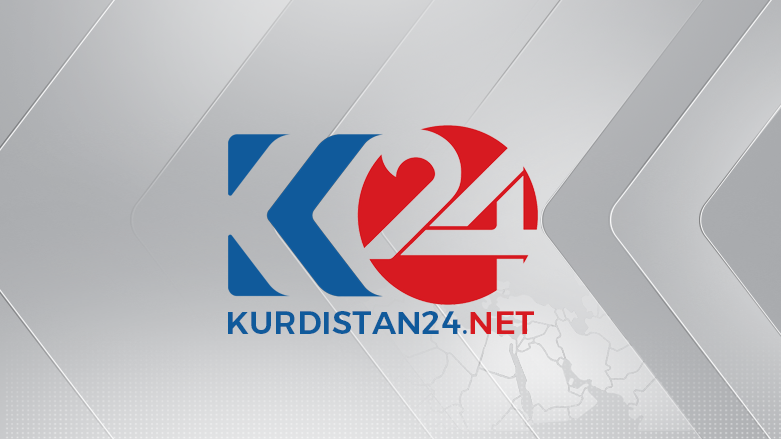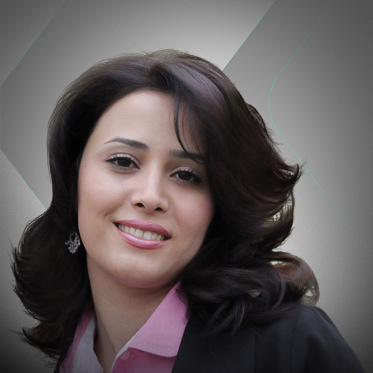Iran’s nuclear deal: minorities’ double-edged sword

After more than a decade of investigating, the International Atomic Energy Agency (IAEA) announced in December that Iran’s nuclear weapons program "is no longer suspicious.” This crucial remark will help pave the way for sanctions to be lifted and for diplomatic relations between Iran and many Western countries to become normalized for months and years to come.
Since the Islamic revolution in 1979, Iran has always aimed at being the predominant power in the Middle East. For its right-wing and extremists, handing over uranium to Russia is acting against the Islamic Republic’s primary goal—regional hegemony. Right-wing newspapers consider the “nuclear deal” a defeat that caused it to become submissive to international powers.However, many thousands in Tehran took to the streets celebrating the IAEA statement and the promise of a better economy. In a strictly religious country where occasions to celebrate are rare, people took full advantage of the opportunity to publicly express an otherwise-forbidden happiness.
Nonetheless, Kurds and other ethnic and religious minorities in Iran remain cautious and distanced from this international normalization. For minorities who mostly live along the ostracized margins of Iran, economic sanctions have been insufferable.
According to the World Bank, if Iran operates well when sanctions become lifted the country will have the chance to improve its declining economy. The official unemployment rate is currently eleven percent (twenty percent for women). Over fifty percent of unemployed youth reside in Ilam, Kermanshah, Kohgiluyeh, and Lorestan Provinces in the Western frontiers of Iran. The World Bank explains these statistics “suggest that many individuals are vulnerable to changes in their personal[,] disposable income and[...] persistent rise in the cost of living.”
After sanctions are lifted, imported necessities such as medicine and medical equipment previously unavailable will become accessible to a great majority of the population. Perhaps when sanctions are lifted, fewer children will be deprived of education and not as many people will suffer and die from drug addiction, an epidemic affecting ten million Iranians presently struggling with substance abuse.
But for ten million Kurds and other underprivileged minorities, a crippling economy is not the only problem. Most minorities in the country have suffered state-sanctioned discrimination, political and social suppression under the Islamic Republic and previous monarchy, and little improvements have been implemented. Ever since Hassan Rouhani, the so-called moderate president came to power with considerable support from the Kurds, the number of executions has soared.
A twenty-six-page report produced by the United Nations in October declared that Iran broke the international record for the most executions per capita. Between January 1 and September 17, 2015, Iran hanged nearly 700 people. “The Islamic Republic of Iran continues…to execute more individuals...than any other country in the world. Executions have been rising at an exponential rate since 2005 and peaked in 2014, at a shocking 753 executions.” It is ironic then that Iran recently condemned Saudi Arabia for executing forty-six prisoners.
Many of Iran's executions are carried out under drug trafficking charges, though a significant number are killed for their ideological or religious convictions, including Kurds who belong to opposition parties, Baha’i, activists, journalists, and even filmmakers.
The Baluch minority only make up ten percent of the Iranian population. But their rate among victims of capital punishment is disproportionately high, according to Al-Arabiya. The impoverished region where they make up the majority also has a significantly high fatality rate: over 11,000 Baluch died over a nine-month period due to exceptionally high poverty and heart-related issues, according to a recent state-run Iranian agency report.
While President Rouhani and his American-educated Foreign Minister, Javad Zarif, have been trying to whitewash Iran’s image, the regime’s hands are still dipped in blood. Clearly, the nuclear deal has aggravated Tehran’s human rights record as opposed to improving it.
Evidently, being accepted by Western countries means Iran’s human rights violations will receive little-no scrutiny and attention. With such a legacy of injustice, ethnic and religious minorities in Iran are rightfully wary that their countries' improved status may translate to increasing pressure on these already suffocating groups that make up half of the 80 million population.
The views expressed in this article are those of the author and do not necessarily reflect the position of Kurdistan24.
